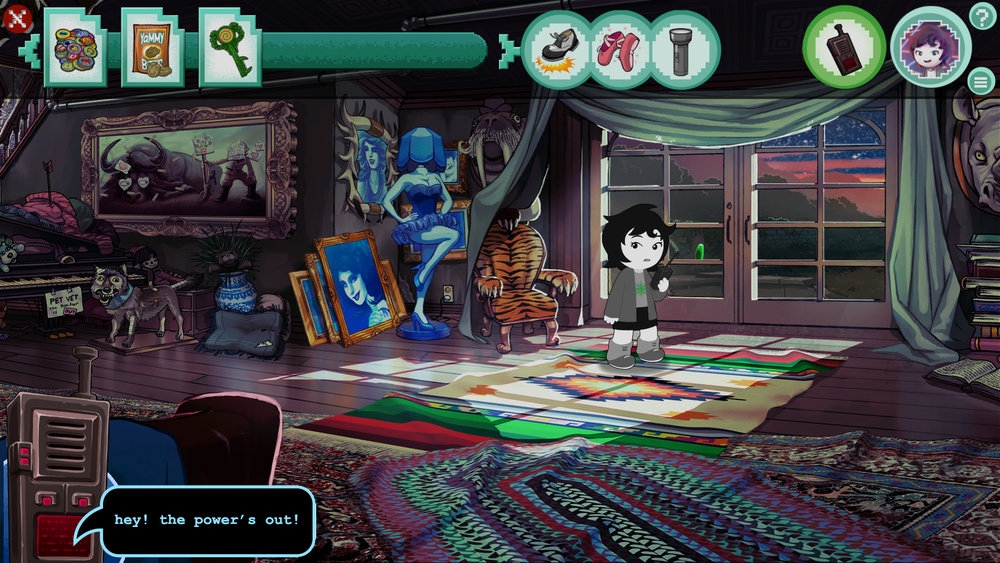
By Sean Armstrong | Staff Writer
Music today is suffering as an artform due to a lack of creative freedom. This is the result of record companies, radio stations, and big business prioritizing money over risk-taking and quality.
Amanda Palmer, author of “The Art of Asking,” a TED Talk speaker and Dresden Dolls’ singer elaborates on this very concept.
In her TED Talk she goes on to explain how twenty thousand record sales were considered a failure by her record label, and so they left her and her band. However, there is a silver lining to this event, “…a guy comes up to me, and he hands me a ten dollar bill. He says, I’m sorry, I burned your CD from a friend. But I read your blog, I know you hate your label. I just want you to have this money.”
The Dresden Dolls, as Amanda Palmer states in her TED Talk is “not for everyone” and seeing as The Dresden Dolls are a punk/cabaret fusion, I could only imagine that to be true. Those are two radically different genres that on paper wouldn’t seem to mesh well together.
However, considering Amanda Palmer is also the orchestrator of the most successful musical crowdfunding campaign to date, clearly, many see the appeal.
Other groups like De La Soul made “and the Anonymous Nobody” for a little over six hundred thousand dollars through their ‘KickStarter’ campaign. Chance the Rapper funded his free to stream album ‘Coloring Book’ off of money he earned from his concerts. As seen, there is a way for musicians to get the money they need without going to the record company for the funding.
Still, the question lies, but, why do they need too? Many successful bands have made music that record companies helped produce.
The answer is simple, the Millennial Whoop. The Millennial Whoop is a phenomenon that according to writer Patrick Metzger in “The Patterning” is in many pop songs today, such as, Katy Perry’s “California Gurls” and “She’s my Winona” by Fall Out Boy.
The problem with such a phenomenon being used so readily, and so often is that it produces a creative void. When you have a simple two note back and forth that people find very melodic and enticing it almost seems wrong not to use it.
However, that produces a lack of creativity, because, as an artist if you’re not pushing boundaries than nothing new can be discovered. Groups like The Dresden Dolls that created an odd but effective mesh of genres, and Chance the Rapper who founded Gospel Rap. These were both artists who independently made music, and had they not created music independently would they ever have created the new music they wanted too?
Record companies promote the Millennial Loop because it’s so simple, and so hard to get sued over. That’s why it is such a rampant occurrence in pop music, music engineered for mass appeal. In this model for music creation there is no room for innovation, there is only room for more of the same.
With all this creative injustice, many have to ask for the solution? The solution, is not simple, it is a solution that requires work from the radio stations. In 1922 the first radio broadcasts began in the United States. That same year the first radio advertisement ran on AT&T’s WEAF station(NPR).
This would be the beginning of the end for the local musician. Radio stations having no way to gain funding other than to accept money from companies wanting to advertise on the air, create a system where the musician must not only think about their own image, but the image of the advertisers as well. This compromises artistic integrity and also makes it difficult for bands that are trying to make a name for themselves.
However, if instead radio stations promoted local musicians over the “Top 40” that would create a platform for bands to be recognized that previously would not have been noticed. According to the music news outlet The Next Big Sound ninety percent of artists go undiscovered.
Having a way for artists to be recognized would help to create an environment that promotes creativity over profit pursuit. The only issue is creating an incentive for radio stations to play local artists over the big names. The simplest way is to do what Amanda Palmer, Chance the Rapper, and De La Soul have done, crowdfund.


